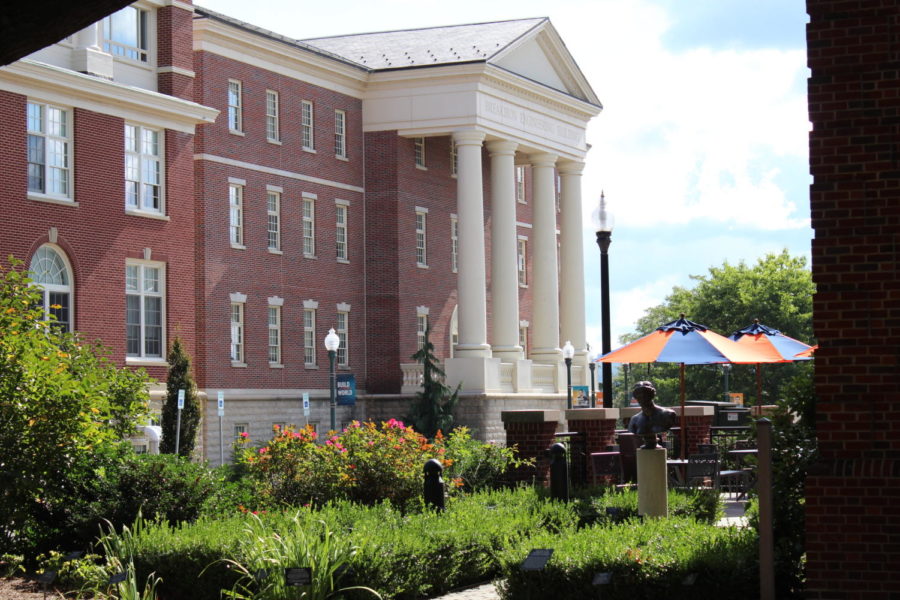Education is Built for Politics
September 2, 2022
At the University, the tradition of a liberal arts education — which promotes healthy discourse, critical thinking and engagement with a wide variety of views — is at the center of faculty’s approach to teaching. The goal of this educational philosophy, according to the school’s website, is to enable students to “gain a strong foundation for a lifetime of curiosity, exploration and personal fulfillment.” However, in the wake of political polarization and the age of misinformation, a problem has emerged.
Across the country, many stories about educators being penalized for discussing their political beliefs have surfaced. Many of these incidents were the result of the way that educators handled their class discussions of the capitol insurrection, which is currently being investigated by a select committee in the U.S. House of Representatives.
First, it is important to explain an important distinction. Many of these aforementioned cases surround accusations that teachers are attempting to “indoctrinate” their students. Parents are quick to accuse teachers of bias in the classroom and will go so far as to say that teachers who touch on political news are spreading propaganda from their side of the political spectrum. When it comes to university education, headlines from news sources will say that “The Radical Left” has weaponized the education system. However, studies widely suggest that teachers discussing political matters in the classroom has a negligible impact on students’ views.
Most people can probably agree that educators should try to remain politically neutral in the classroom, but that does not mean that political events and topics should be off the table. In fact, I would argue that education is innately political.
This sentiment is best explained by education expert Sonia Nieto. In her 2006 lecture at Sarah Lawrence College, she astutely claimed that “teaching is inherently political work… teaching is political in the sense that power and privilege — through decisions about funding, curriculum, class size, testing, tracking, and other matters of policy and practice — exacerbate rather than ease social class and race inequalities. In effect, then, education helps determine the life chances of young people based on their identities and zip codes.” At the University, some majors require political discussions more than others. However, in general, teachers should teach in a way that promotes logical argumentation; in fact, they should also encourage their students to engage with political ideas and debates as it relates to their respective majors. Issues like climate change, economic inequality and technological developments necessitate important discussions around these issues.
As we enter the new school year, consider the different ways that your professors’ personal politics and experiences influence their teaching. If approached in a manner that promotes dialogue and welcomes an array of perspectives, political discussions in the classroom can serve as an analytical asset to students and their level of comfortability with diverse views.






















